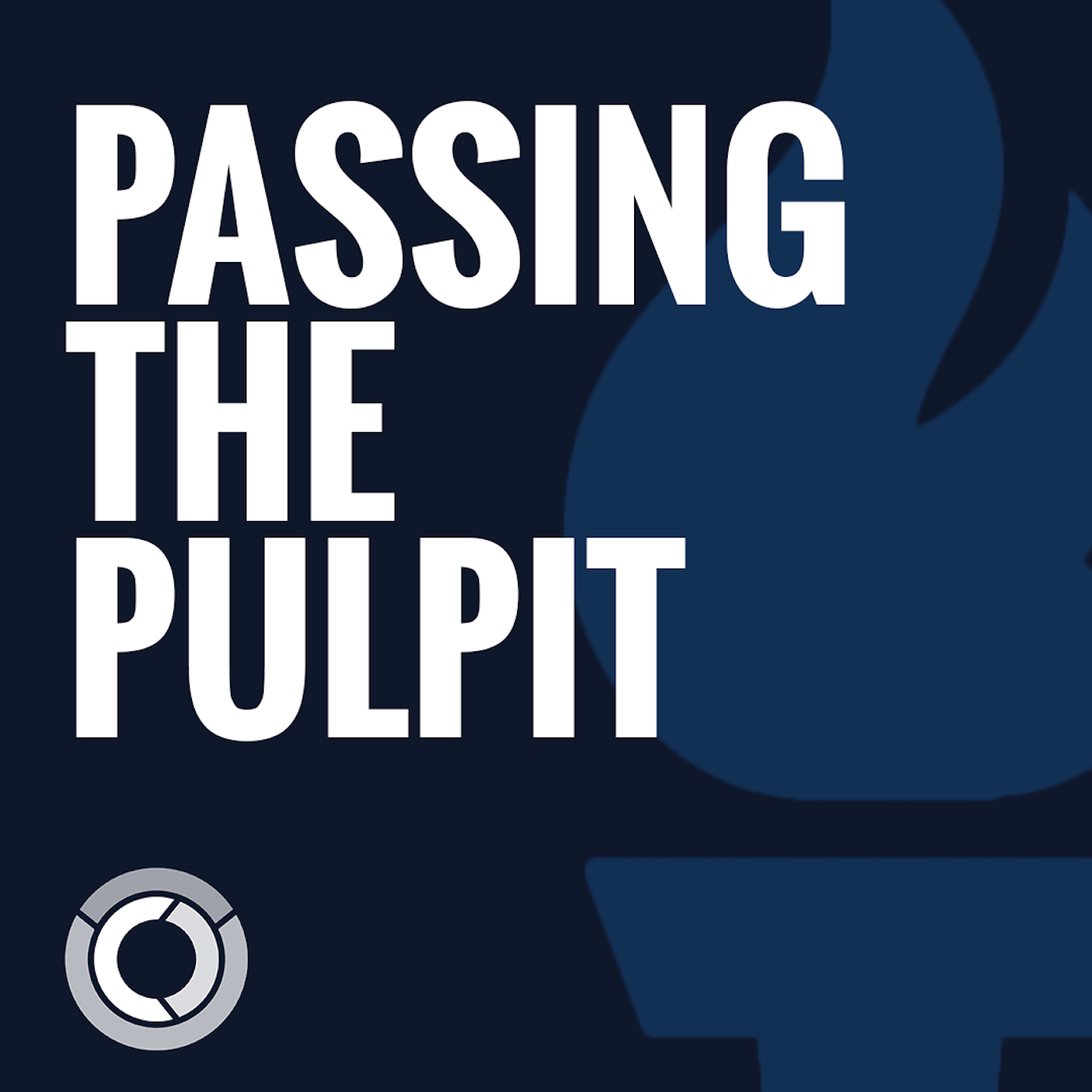Double Duty, Single Focus


In this episode of Passing the Pulpit, we sit down with Manny Pollard, an experienced bi-vocational pastor who’s learned what it means to wear multiple hats while keeping a single focus on God’s calling. We talk about the unique challenges of balancing ministry and marketplace work, the spiritual and emotional toll it can take, and the rhythms that can help avoid burnout.
If you’re an aspiring bi-vocational pastor, church leader, or simply someone navigating competing demands in your own life, this conversation will leave you encouraged and reminded that God sees your faithfulness—even when it feels unseen.
(00:02) Challenges of Bivocational Ministry
(12:39) Balancing Ministry and Capacity Honor
(17:41) Exploring Bivocational Ministry Models
(25:07) Exploring Bivocational Calling and Opportunities
(32:55) Navigating Ministry and Marriage Balance
(42:26) Encouragement for Bivocational Ministry